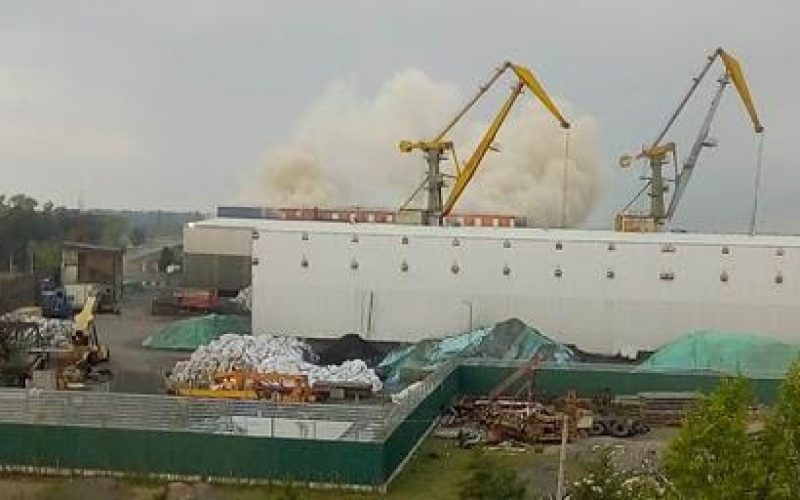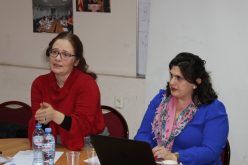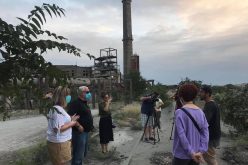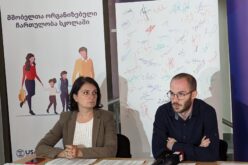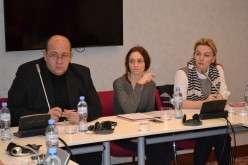Due to Poti’s port and industrial zone, air pollution and unpleasant smell of fish is a persistent problem in the city, with residents warning that sometimes it is even difficult to breathe.
In order to address ecological problems in the city EWMI ACCESS has been supporting the civic platform “Poti Citizens for their Own Rights” for over 10 months. The platform mobilizes citizens in order to coordinate advocacy efforts. Since its establishment, the civic platform submitted three petitions to the Poti Municipal Assembly (Sakrebulo), requesting to install an atmospheric air monitoring station in the most contaminated areas, develop an action plan to combat the unpleasant smell of fish, and set up vial mechanisms for engagement of citizens in the decision-making process.
The Sakrebulo satisfied the first petition and placed a mobile air monitoring station on Javakhishvili Street which measured air contamination levels for 5 months uninterruptedly. During this 5-month period, the station detected high levels of PM-10 (for over 52 days), as well as presence of PM2.5 (which is not allowed at all) for 24 days. PM10 and PM 2.5 are tiny dust particles which pass through lungs and are very harmful to human health, even in very low quantities. These particles are produced due to natural and non-natural reasons (metallurgical plats operating without proper air filtering system, violating product storage and transportation safety rules, etc.).
To further monitor air contamination problem, the civic platform conducted laboratory tests of the soil in contaminated areas as well as tests for heavy metals among children using hair samples. Lab results detected an increased concentration of lead and copper in the soil. The hair samples showed that 10 out of 20 children had significantly increased levels of lead, 4 of them had increased levels of copper, and 1 child had high levels of colloidal silver. Additional blood tests revealed high levels of lead among 14 children (out of 15 tested).
After the National Centre for Disease Control and Public Health (NCDC) was informed about these findings, it issued an official letter recommending the Poti municipal government to conduct wide scale testing of children for heavy metals, and offered assistance in the research, analysis and recommendations phase. Citizen’s group also applied to the Courts requesting the Ministry of Health and the Poti municipal government to allocate funds for a wide scale testing of children in the target area.
Thanks to this intensive advocacy campaign, the Poti municipal government made amendments to the 2021 city budget and issued 50,000 GEL in medical examinations to detect the impact of harmful emissions on children’s health. Up to 150 children (both from contaminated and non-contaminated areas as a control group) will be tested for copper, lead, cadmium, aluminum and colloidal silver (as recommended by the NCDC). Moreover, the Poti municipal government also set up a joint working group with participation of experts and citizens to address the problem of unpleasant smell in the city.



